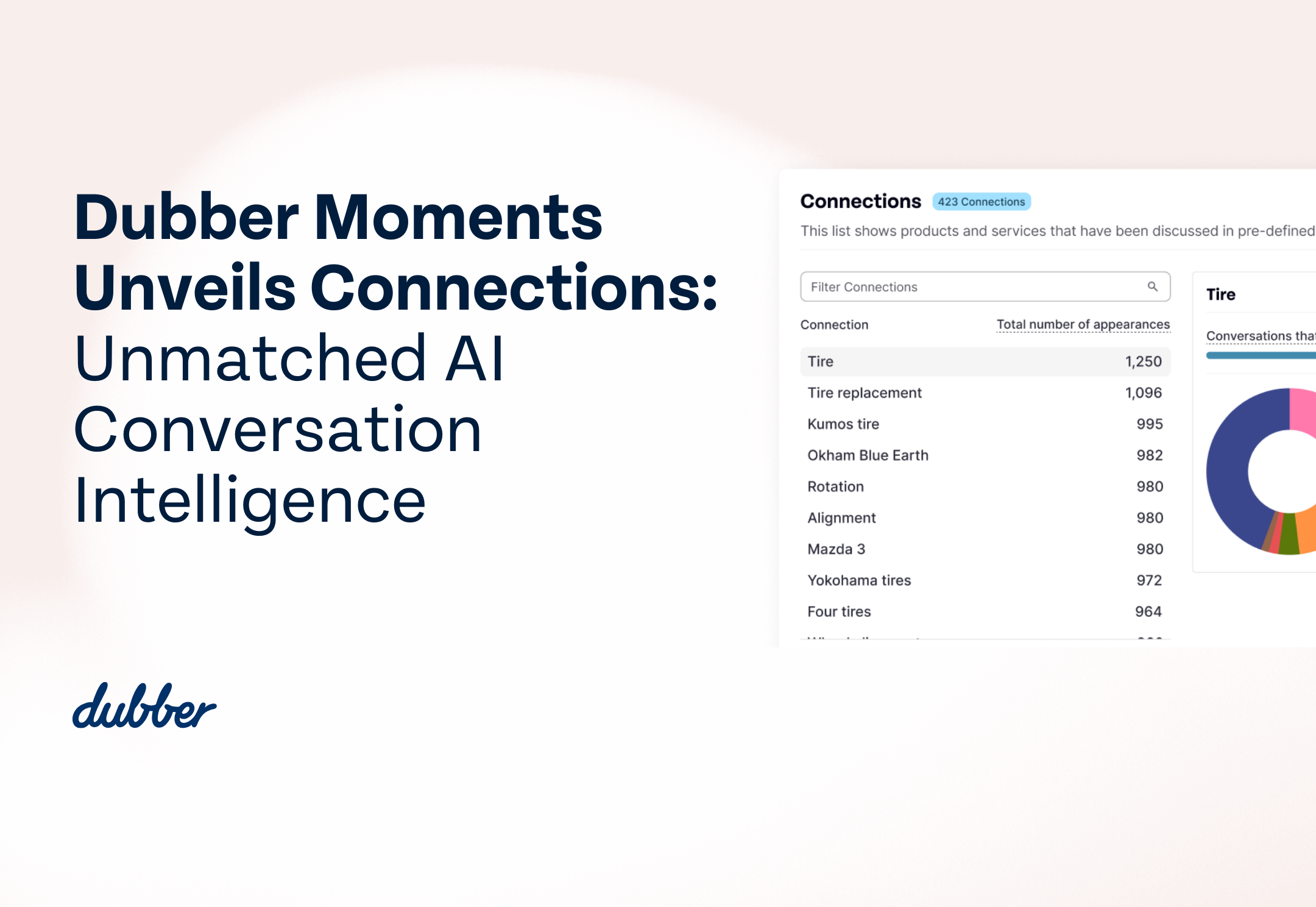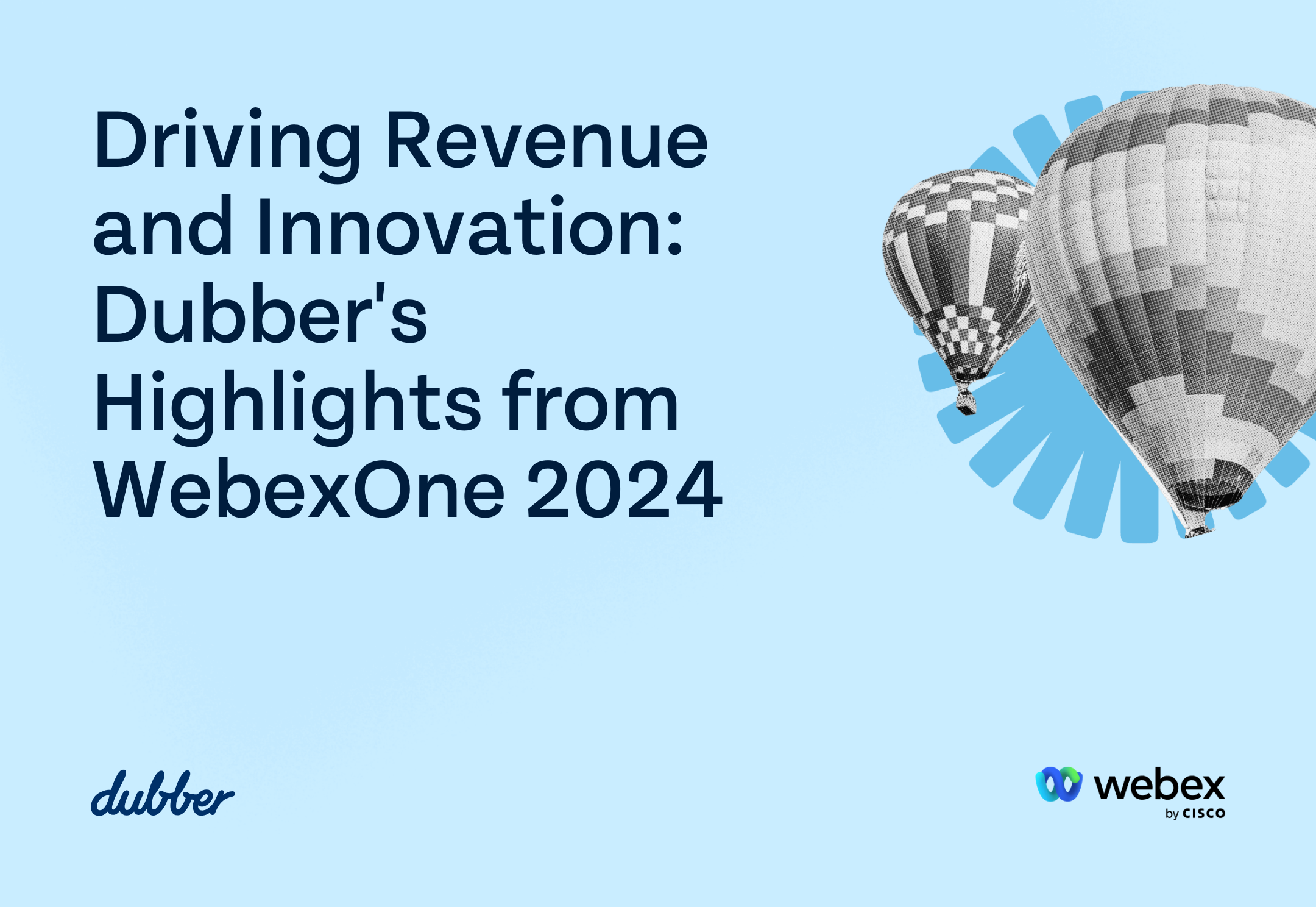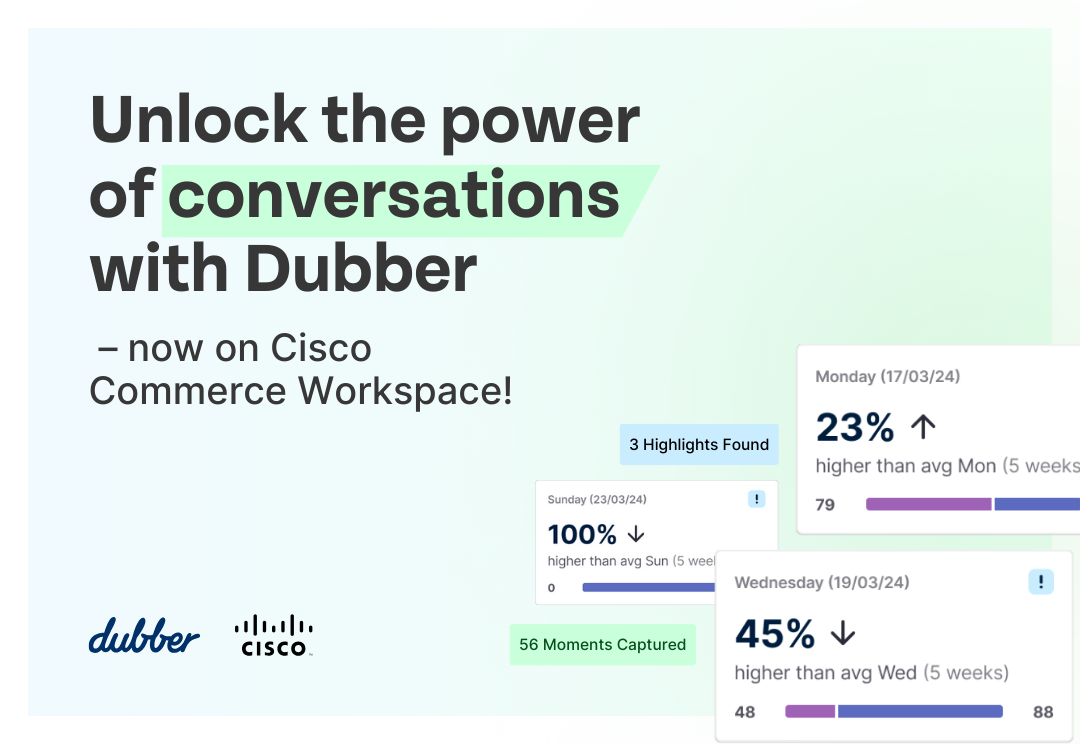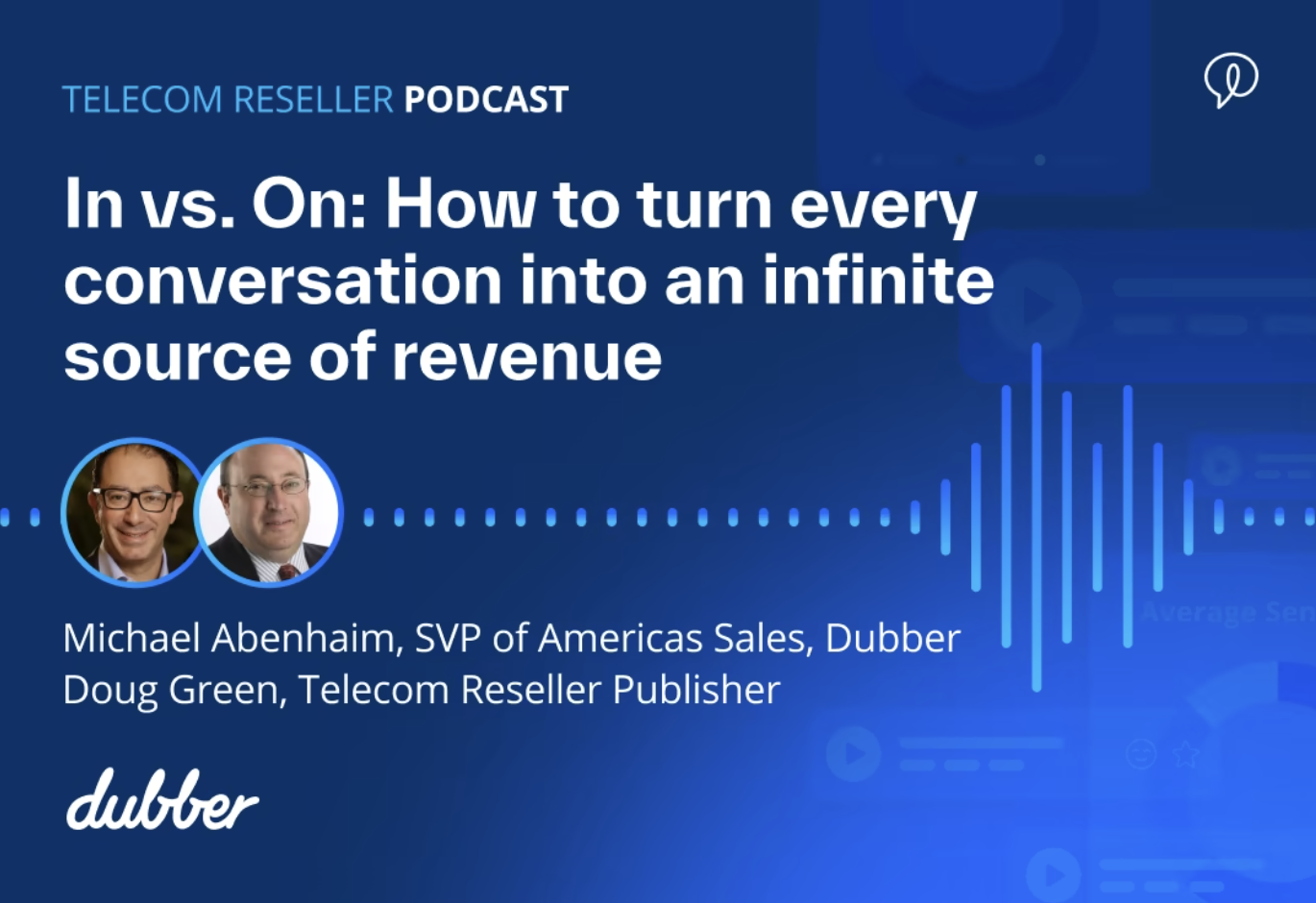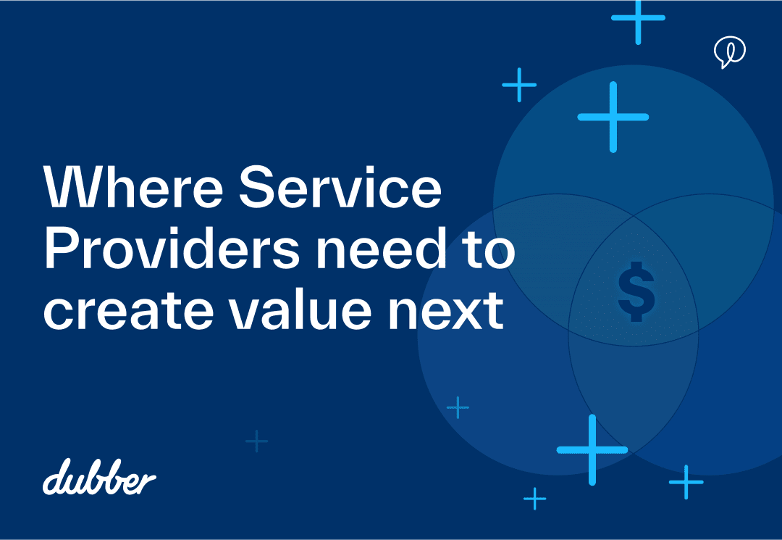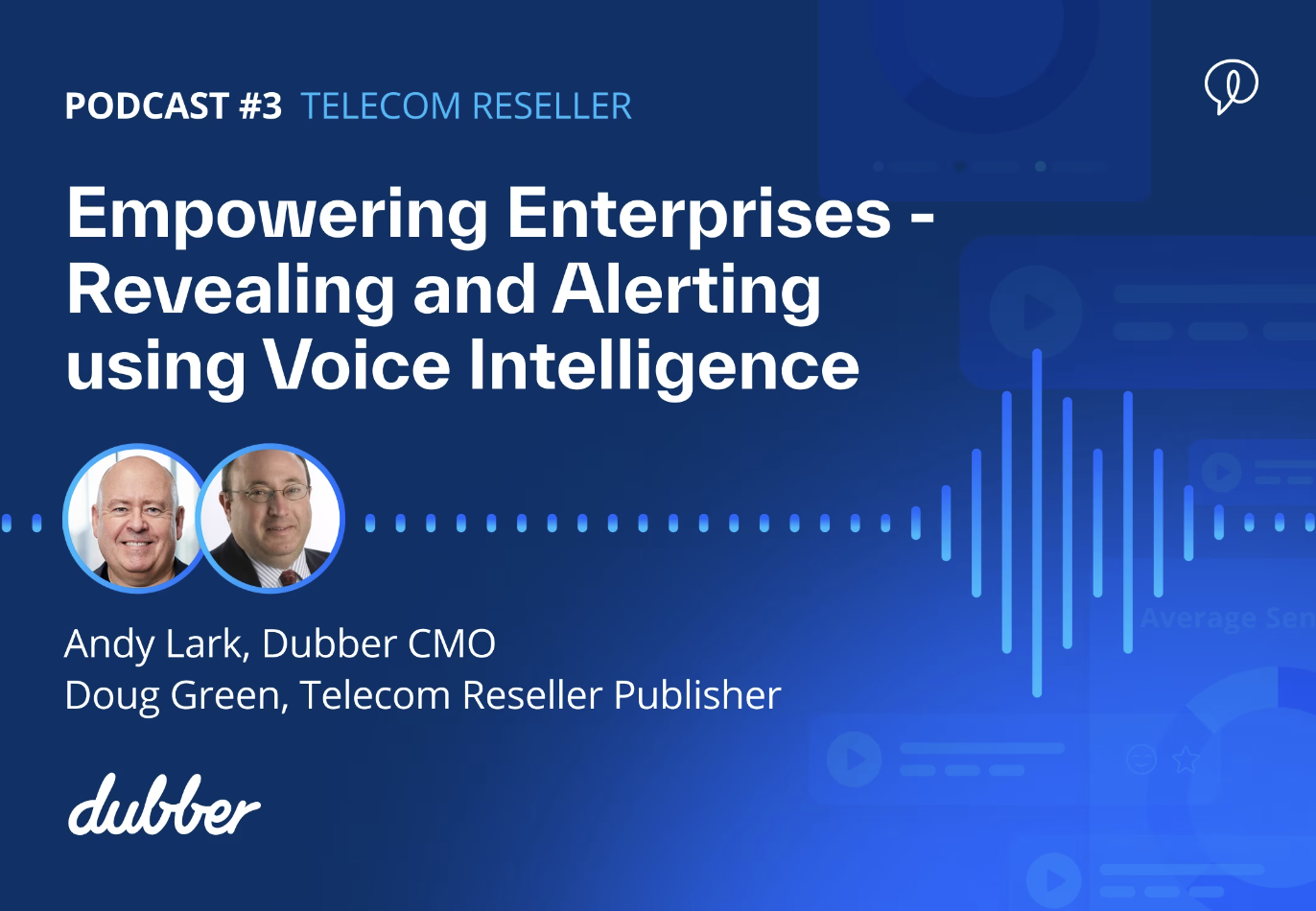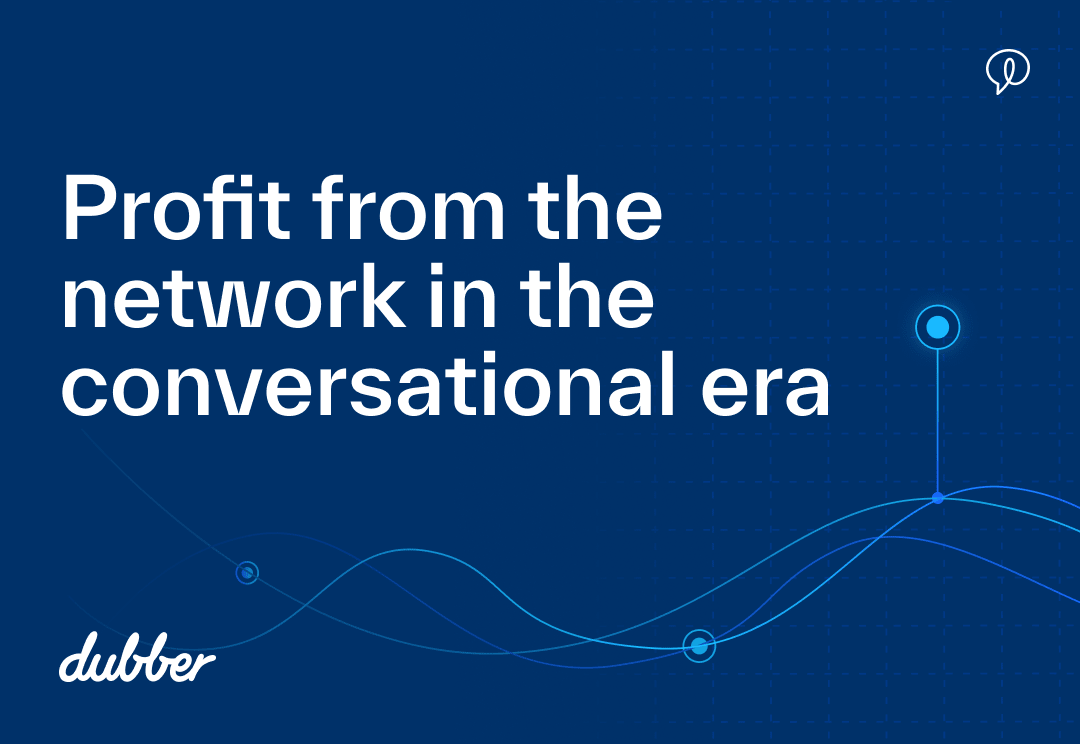Our recent research with AT&T showed that 72% of businesses lack a clear hybrid-work strategy. The findings also show other sentiments and challenges around Covid-driven hybrid working, including lack of innovation, insufficient oversight and cultural shifts.
But. Hybrid work will be the default by 2024. Half of the work will be performed offsite: 81% believe hybrid work will be the foremost working model by 2024, with 56% of work done offsite.
Artificial intelligence and machine learning were identified as the leading transformative technologies in the survey, with their intrinsic value identified specifically in the areas of employee training, intelligent enterprise search and learning and conversational help.
AI is a great example of the dilemma facing most service providers – how to monetize a transformative technology – does this opportunity get left to those running on the network – or, can AI on both the end-point and in the core of the network usher in a new era of conversation-based services?
Address the challenges at the network level
The issues emerging in addressing both AI and Hybrid Working as opportunities are challenged by macro issues: Businesses and consumers increasingly relate more to the app or service than the businesses that made the conversation possible – as a result, even the new 5g opportunity is relatively undifferentiated. Without new services and innovation based on AI, differentiation is unattainable, resulting in churn – a dependence on price and packaging, and balance sheet impacts from decreasing revenue and margin.
The question is will the shifts increase the value of the network to you, the Service Provider? Empowering increasing ROIC, revenue, retention, and differentiation; will they open opportunities for innovation for the service provider, allowing for innovation-powered differentiation?
Or will they deliver a more powerful platform to others? Those running on top of the network have shown us that revenue doesn’t return to the source of where value was created. But what if there was a way? This is why we started Dubber – not just to record calls but to deliver value from the network from our Platform.
Delivering on the promise and value with the Conversation Cloud
The new conversational era will be powered by the Conversation Cloud – the one place conversations can be retained, refined and AI-enriched to create value. Many of you who know Dubber may gravitate towards thinking that we are a call recording company… and that is understandable. The platform, however, has been designed to match the philosophy, namely that capturing the conversation should be from the source of that conversation – the network. Call recording, as tangible as it is, was only ever going to be the start. You’ve all heard the word ‘platform’ after the term ‘cloud’; it is the most overused and over-abused term in our vernacular.
That’s what Dubber is, a single global platform that enables service providers to deliver features at scale anywhere across the network. Features that enable value to be created from any conversation on the network, features that unlock content insights, features that enable the prospect for innovation, features which can create new and needed experiences for customers, and features that drive revenue from the source of their creation – the network.
Dubber is not your typical ISV partner, looking for re-sale partnerships with all the challenging sales motions that that entails to ultimately deliver unilateral value around our own detached technologies and customer base. We believed that the focal point needed to be the Service Provider for two key reasons: Firstly, because we believe that that would provide the best customer experience, and secondly, that would drive value throughout the supply chain. To do that, we need to be on board with you in every sense.
Solutions delivered to you should enhance the value of the network through differentiated services, not monetize the network at your expense. Those solutions should be burdenless, deployed with simplicity and scale, on with a click and integrated easily with provisioning and billing. And that they must unify applications and end-points, so conversations – text, video, mobile, UC could be accessed and enriched in one conversation cloud.
And that this could enable endless AI-based innovation opportunities for service providers with minimal CAPEX.
Reimagining the value of the network starts with reimagining the value of a conversation. And that begins with unlocking the value of content. Network operators generate an average of 10 to 15 per cent of their revenues outside of core connectivity; the type of services we deliver have the potential to double that. And this increases further when the customer adds other communications services to the Conversation Cloud.
The monetization opportunity is immense. Take any conversation – serve new applications – native widgets and or notifications. Let me give you a few examples of what we see as an exciting opportunity.
The emergence of new network services
We launched Notes by Dubber at Mobile World Congress. Deployed at the heart of a Service Provider network, users now get any meeting or call transcribed, turned into actions, with highlights and more. Enabling users to review meetings that they weren’t able to attend on the way home and easily share highlights for action by others.
The use cases run across all demographics, from consumer through to small businesses and enterprises. For example, say, on a mobile network, I could get a text nudge following a call with all the key actions from the call. Or a reminder of a meeting I committed to during the conversation to drop onto my calendar. Or perhaps my service and mobile might come with an app that quickly flags to me customer and employee sentiment for that day and gives me snippets from customer calls I should know about. Let’s say I’m a major bank, and I might have provided to me by my Service Provider a fully integrated compliance reporting dashboard that gives me total visibility into calls that potentially breach policies.
Or a simple search console that enables me to pull up highlights, a recording or a transcript of any conversation across the business. That same application would prove invaluable to HR, dispute resolution teams, or customer service managers. All of this is possible today. And this is just the start of a new era in which every conversation is a source of value for the service provider turning the network into an innovation factory with endless new services created and deployed with minimal CAPEX investment.
In most media industries, there is a well-known saying that content is king when it comes to future value. The networks which you operate contain an enormous amount of content that, to date, remains untapped. Every day, huge amounts of calls or conversations go across those networks and disappear into a vacuum. Others land on third-party infrastructure and applications where they are monetized independently of the service provider. One key question is how quickly can that change?
Reimagine the value of your network today
‘Speed to market’ is a familiar imperative that is identified by analysts and management alike. The Dubber platform is ready to go, as are primary revenue-generating applications which can deliver that content in the network.
What if this took months, not years and what if revenue flowed in days? And what if it did that without traditional CAPEX and OPEX burdens? We see an incredible opportunity to help to redefine the value of every network through the Conversation Cloud and Dubber Platform. It starts with a new form of partnership between companies like Dubber. One where we all benefit from increasing the value of the network and expressing the life of the network and conversations in new ways.
Customers are going to benefit from it; more than that, they are going to require it and what better way to serve it to them than directly from the network.


